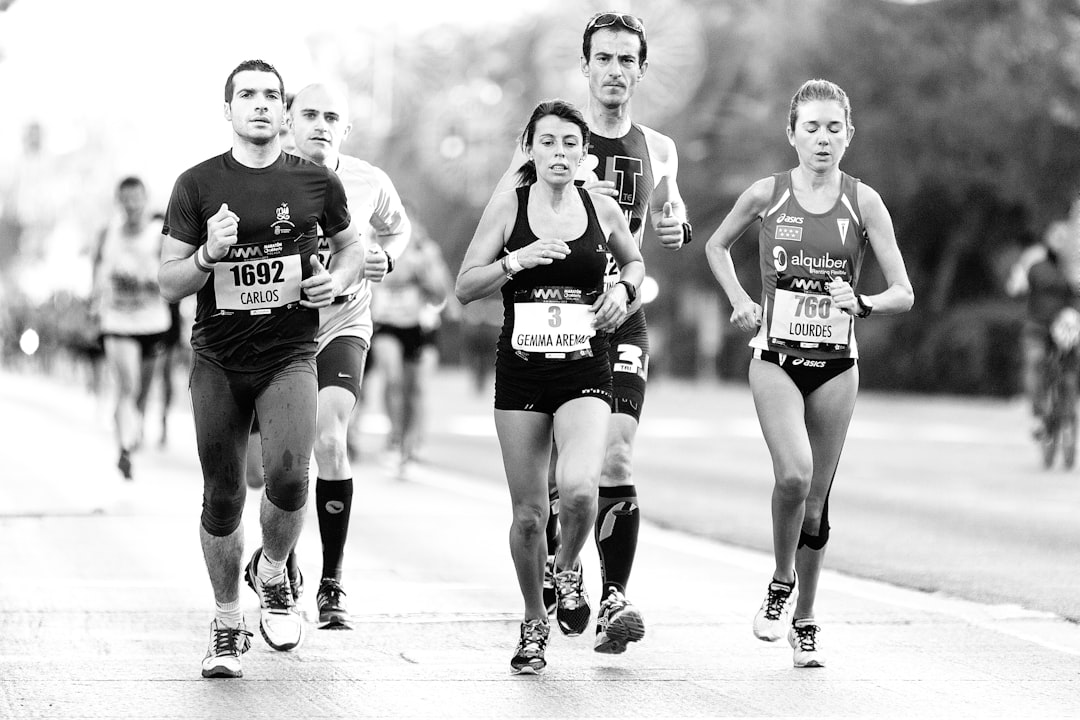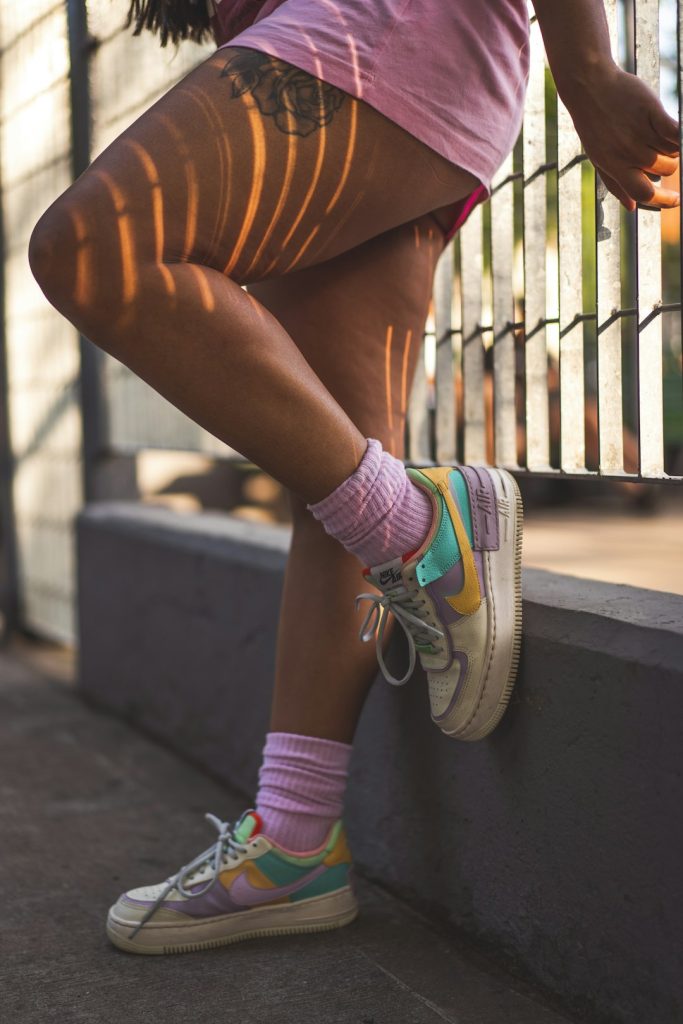When Sarah laced up her running shoes for her usual morning jog around the neighborhood, she never expected artificial intelligence to completely transform her routine. After struggling with recurring knee pain and inconsistent pacing, she turned to a new kind of coach — an AI-powered running app loaded with real-time feedback, motion tracking, and biometric analysis. What she found out left her stunned.
“You’re heel striking too early and landing with too straight a knee,” said the AI voice in her earphones during one session. Sarah had no idea that this seemingly minor misstep was a leading cause of poor efficiency and her nagging injuries.
How can an AI tell how you run? Turns out, all it takes is a smartphone camera — or if you have one, a smartwatch or wearable sensor. The app she used was developed by a team of sports scientists and machine learning engineers. It records short video clips of the runner, uploads them to the cloud, and then uses motion detection algorithms to analyze every angle, stride, and arm swing.

“What’s fascinating,” Sarah said, “is that it pointed out asymmetry in my gait. My left foot was landing slightly farther forward than my right, which was throwing off my rhythm and balance. I would never have picked up on that myself.”
After two weeks of following the AI coach’s suggestions — including cadence adjustments, targeted stretching, and even breathing techniques — her 5K time improved by more than a minute. Most importantly, the pain in her knees had nearly vanished.
The AI doesn’t just analyze — it personalizes. The app builds a detailed profile over time, learning your unique movement patterns and offering customized tips daily. Unlike a human coach who might rely on observation or intuition, an AI coach sifts through thousands of data points to offer precision-based guidance.
Key Breakthroughs the AI Coach Delivered:
- Identified inefficiencies in arm movement — Her arms were crossing her body, causing rotational strain.
- Suggested midfoot landing — Landing too much on the heel was breaking her forward momentum.
- Helped establish performance zones — Based on her heart rate and VO2 max estimations, the AI created pace “zones” for optimal training.

Perhaps the most unexpected tip? Smile. A recent algorithm update incorporated psychological research suggesting that smiling while running can reduce perceived effort and improve endurance. The AI picked up on her facial expression from her smartwatch camera and gently reminded her: “Try a smile to lighten your stride.”
These kinds of interactions weren’t just efficient — they made Sarah’s training feel more human. “I felt heard,” she said, “even though I was working with a machine.”
Her story is not unique. Across the country, runners from beginners to marathoners are adopting these intelligent tools, making small adjustments that lead to major improvements. And with real-time diagnostics becoming more mainstream, the days of running blind are becoming history.
FAQ: What You Need to Know About AI Running Coaches
- Q: Do I need special equipment to use an AI coach?
- A: Most apps only require a smartphone. Wearable devices like smartwatches or foot pods can enrich the analysis but aren’t mandatory.
- Q: Can AI really replace a human coach?
- A: AI excels at data-driven insights and real-time feedback. However, human coaches still offer emotional support and complex strategic planning. The best approach may combine both.
- Q: Is AI analysis accurate?
- A: When trained on large datasets and verified through field testing, AI tools are highly accurate. However, results depend on video quality, movement clarity, and sensor input.
- Q: Can the AI help prevent injuries?
- A: Yes, by identifying poor form and biomechanical risks early, AI running coaches can guide users to make safer choices and perform corrective exercises.
- Q: Are these apps free?
- A: Many offer basic features for free, but advanced analytics, training programs, and coach interactions may require a subscription.
Final thoughts: For Sarah, the surprise wasn’t just in what the AI knew — it was how much she didn’t know about her own body. By trusting a machine with her stride, she found a smarter, faster, and more enjoyable way to run. Technology may not guarantee a personal best on day one, but it might just be your best training partner yet.
